A new report obtained by The New York Times reveals Facebook’s bias-ridden secret rules governing permissible speech on the social media platform.
As pointed out by the Times, the guidebook contains numerous errors and doesn’t allow for cultural nuance.
The censorship rules purportedly vary in terms of extreme expression, depending on the country.
The Times states that multiple-dozen employees convene every other Tuesday to decide what users can and cannot say on the site. Those guidelines are then conveyed to over 7,500 moderators, internationally.
As culled from documents relayed by a Facebook staffer worried over the intrusiveness of such scrutiny, complicated issues are narrowed into binary yeses or no’s, and particular cases of violation are outsourced to unskilled workers required to make complex calls.
Without cultural context, posts in question are frequently considered after having been converted via Google Translator.
Chief of global policy management for the site, Monika Bickert, said it’s a difficult wire to walk:
“There’s a real tension here between wanting to have nuances to account for every situation and wanting to have set of policies we can enforce accurately, and we can explain cleanly.”
According to sources, Facebook’s practices put a sizable shiv into conservative sites earlier in the year.
Not good.
Personally, I’d prefer social media sites exists as open forums, without regulation of ideas. I can understand restrictions regarding vulgar terms or nudity; but when the filter constraining expression relates to concepts or beliefs, a world of understanding and idealogical growth is prevented through oppression by, well, these people — the products of an educational system currently doing the following:
- teaching that not all women have vaginas (here)
- declaring Chick-Fil-A’s faith-based existence unacceptable (here)
- offering an anti-Trump course
- banning Christianity (here)
- pitting people against discriminating ice cream (here)
…just to name a few of a few of a few of a few of a few.
These youngsters coming from a point of view which is — largely compared to the populace — countercultural should not be placed as moral arbiters in the stated opinions of the masses. Nor should, I believe, anyone.
What do you think? Should social media sites employ restrictions on speech? Please let us all know, in the Comments section below.
-Alex
Relevant RedState links in this article: here, here, here, and here.
See 3 more pieces from me: the last President, the worst race, and the best board of education.
Find all my RedState work here.
And please follow Alex Parker on Twitter and Facebook.
Thank you for reading! Please sound off in the Comments section below. For iPhone instructions, see the bottom of this page.
If you have an iPhone and want to comment, select the box with the upward arrow at the bottom of your screen; swipe left and choose “Request Desktop Site.” You may have to do this several times before the page reloads. Scroll down to the red horizontal bar that says “Show Comments.”




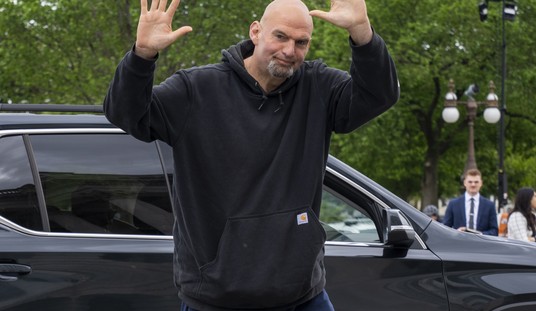
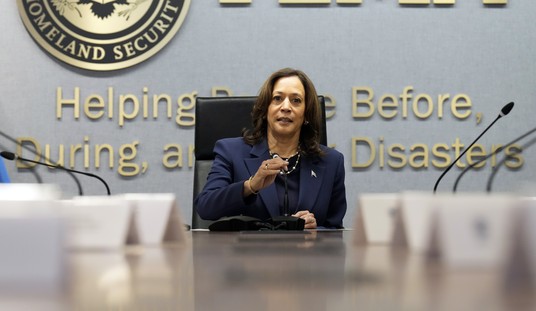
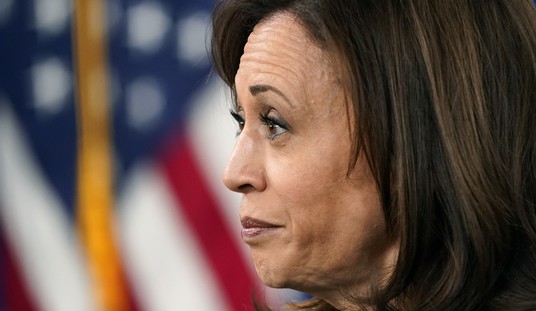
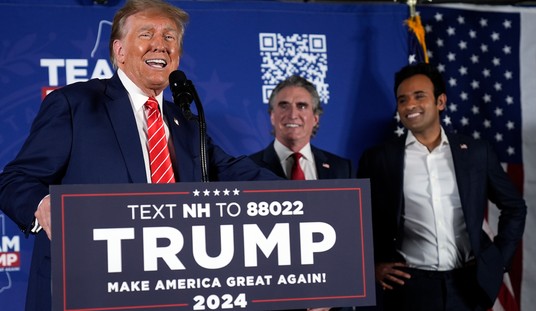

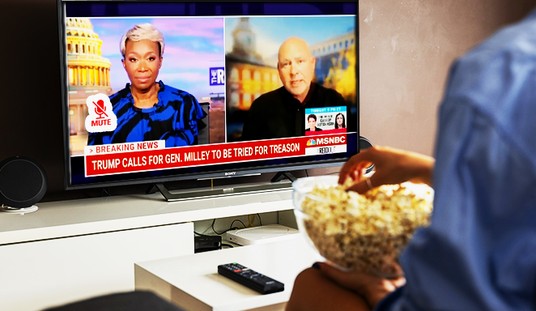

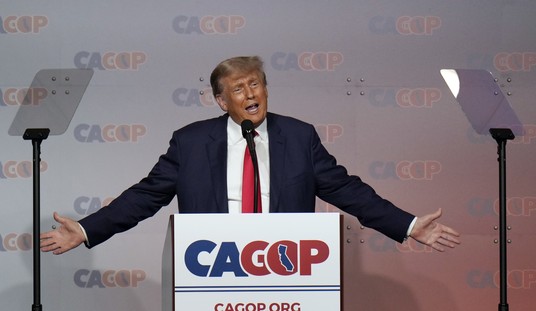
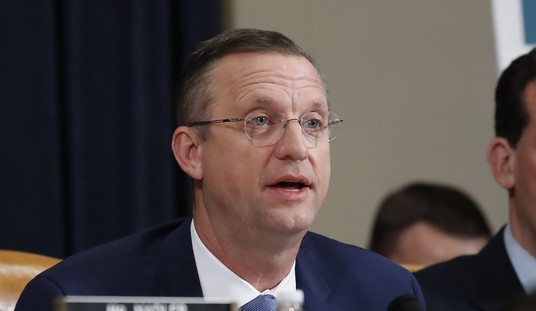

Join the conversation as a VIP Member